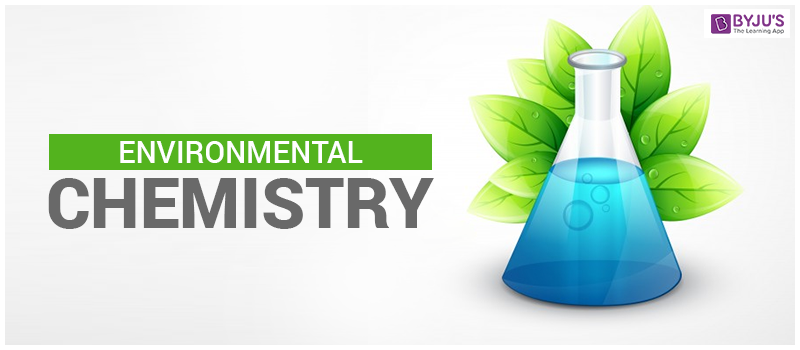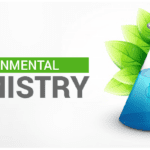Environmental chemists are passionate about sustainability, conservation, and protection of natural resources. They must be able to make good judgments and have excellent planning, organizing, and problem-solving skills.
Typical Job Functions
Environmental chemists monitor what is in the air, water, and soil to understand:
- How chemicals enter the environment;
- What affects those chemicals have; and
- How human activity affects the environment.
Environmental chemists assess the long-term risks of contaminants in soil and groundwater, both to ecological and human health. They apply for environmental permits to undertake corrective strategies, classify contaminated soils as hazardous waste, manage their disposal, and supervise on-site remediation.
In addition to field work, environmental chemists may conduct laboratory work (e.g., analyzing chemical interactions using chromatography or spectroscopy techniques.) They may also take measurements, interpret data, and use computers to model chemical fate and transport. Sometimes, they may be required to write reports or academic papers to communicate their findings to clients or colleagues.
Examples of questions an environmental chemist may investigate include:
- Are the groundwater and earth beneath industrial and municipal dump sites contaminated with pollutants? If so, how can these sites be remediated?
- What happens to the household chemicals in the cleaners that run down your drain?
- What is the impact of factory carbon emissions on our air quality and climate?
- How can we reduce the amount of waste product from manufacturing and/or turn the waste product into compost, energy, or another useful product?
- What environmental regulations apply, or should apply, to companies?
- How do we keep unwanted pharmaceuticals from contaminating our waterways?
Career Paths
Environmental chemists work mainly in applied fields, analyzing new chemicals and their impact on the environment. There is a path for environmental chemists who want to pursue teaching or theoretical research. But the larger demand is for work in industrial or manufacturing settings.
As they progress in their careers, environmental chemists may take on lead (or chief researcher) roles. These typically involve:
- Developing project scopes, timelines, and budgets
- Quality assurance and integrity of data
- Supervising field work
- Communications with funding agencies
Getting Started
Environmental chemistry requires knowledge of fundamental principles in many subject areas. Employers look for candidates who demonstrate the ability to broaden their skills and think in an interdisciplinary, analytical manner.
Environmental chemists should have a solid background in chemistry, including organic and biochemistry. (A minimum of a bachelor’s degree is typically required.) Also useful are:
- Background in one or more related disciplines (e.g., oceanography, biogeochemistry, ecology, biology, geology, and engineering)
- Knowledge of software for chemical analysis







